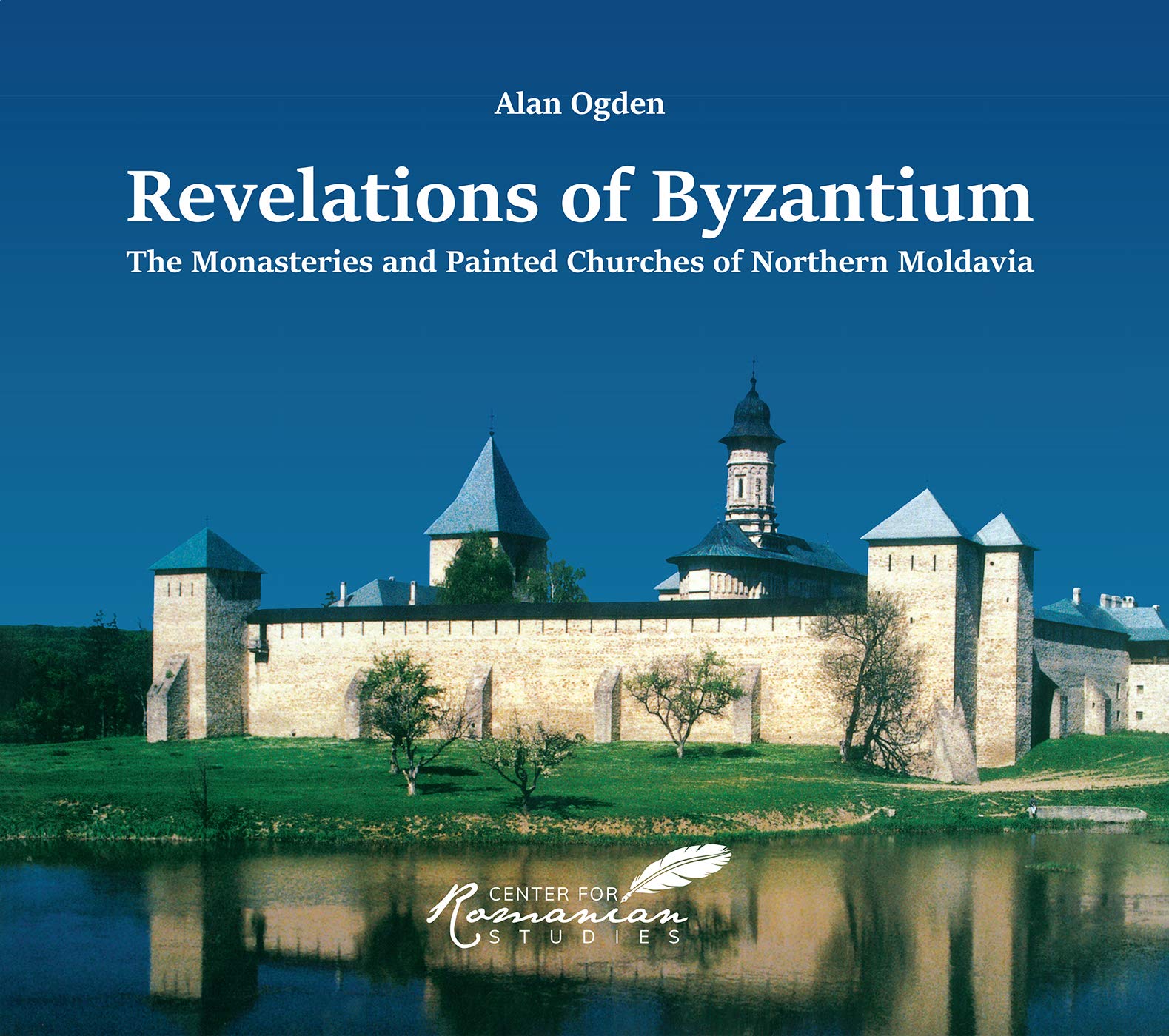Revelations of Byzantium | Alan Ogden, Kurt W. Treptow, Octavian Ion Penda

Detalii Revelations of Byzantium | Alan
Revelations of Byzantium | Alan - Disponibil la carturesti.ro
Pe YEO găsești Revelations of Byzantium | Alan de la Histria LLC, în categoria Carte straina.
Indiferent de nevoile tale, Revelations of Byzantium | Alan Ogden, Kurt W. Treptow, Octavian Ion Penda din categoria Carte straina îți poate aduce un echilibru perfect între calitate și preț, cu avantaje practice și moderne.
Caracteristici și Avantaje ale produsului Revelations of Byzantium | Alan
- Departament: gaming-carti-birotica
- Ideal pentru pasionații de jocuri, birotică și distracție online.
Preț: 236 Lei
Caracteristicile produsului Revelations of Byzantium | Alan
- Brand: Histria LLC
- Categoria: Carte straina
- Magazin: carturesti.ro
- Ultima actualizare: 27-10-2025 01:24:43
Comandă Revelations of Byzantium | Alan Online, Simplu și Rapid
Prin intermediul platformei YEO, poți comanda Revelations of Byzantium | Alan de la carturesti.ro rapid și în siguranță. Bucură-te de o experiență de cumpărături online optimizată și descoperă cele mai bune oferte actualizate constant.
Descriere magazin:
The monasteries and painted churches of Moldavia stand today as a testament to the rich cultural and spiritual heritage of the Romanian people. As the Romanians living in the historical provinces of Wallachia, Moldavia, and Transylvania, which today form modern Romania, struggled to maintain their autonomy against Ottoman expansion, their relative freedom allowed them to express themselves both artistically and culturally. Among their most remarkable creations are the monasteries and painted churches of Moldavia, in northeastern Romania, the subjects of this book. These monuments, unique in the world, reflect a cultural legacy inherited from Byzantium and the Roman Empire.After the fall of Byzantium and the expansion of Ottoman rule throughout the Balkan Peninsula, the Romanian principalities became the most important depository of the Byzantine heritage. It was here that this tradition was preserved, having been passed on to the Romanians of the Middle Ages by their ancestors. From here, this heritage continued to spread throughout Europe and influence European society and culture, creating the historical phenomenon that the great Romanian historian Nicolae Iorga would refer to as "Byzantium after Byzantium." The monasteries and painted churches of Northern Moldavia stand today as true revelations of Byzantium.This full-color album is written and photographed by Alan Ogden, the author of Romania Revisited: On the Trail of English Travellers, 1602-1941 and Fortresses of Faith: A Pictorial History of the Fortified Saxon Churches of Romania, both published by the Center for Romanian Studies. The author provides a comprehensive introduction discussing the art and architecture of the monasteries and painted churches of Northern Moldavia. Each church is then presented separately in words and pictures to reveal its own unique history and artistic beauty. Also included is an introduction to the history of Moldavia and Romanian lands during the Middle Ages by Kurt W. Treptow, a noted specialist on Romanian history and original illustrations by renowned artist, Octavian Ion Penda.

Produse asemănătoare

Revelations of Byzantium | Alan Ogden, Kurt W. Treptow, Octavian Ion Penda
![]() carturesti.ro
carturesti.ro
Actualizat in 27/10/2025
236 Lei
Produse marca Histria LLC

Powerfully Perplexing Presidential Profiles, Hardback/Rod Martinez
![]() elefant.ro
elefant.ro
Actualizat in 28/10/2025
165.99 Lei

The Diplomatic Struggle over Bessarabia, Hardback/Valeriu Florin Dobrinescu
![]() elefant.ro
elefant.ro
Actualizat in 28/10/2025
216.99 Lei

Walk the Earth as Brothers. A Novel, Hardback/Henry Rozycki
![]() elefant.ro
elefant.ro
Actualizat in 28/10/2025
194.99 Lei

Formation of the Albanian National Consciousness, Hardback/A.K. Brackob
![]() elefant.ro
elefant.ro
Actualizat in 28/10/2025
252.99 Lei

